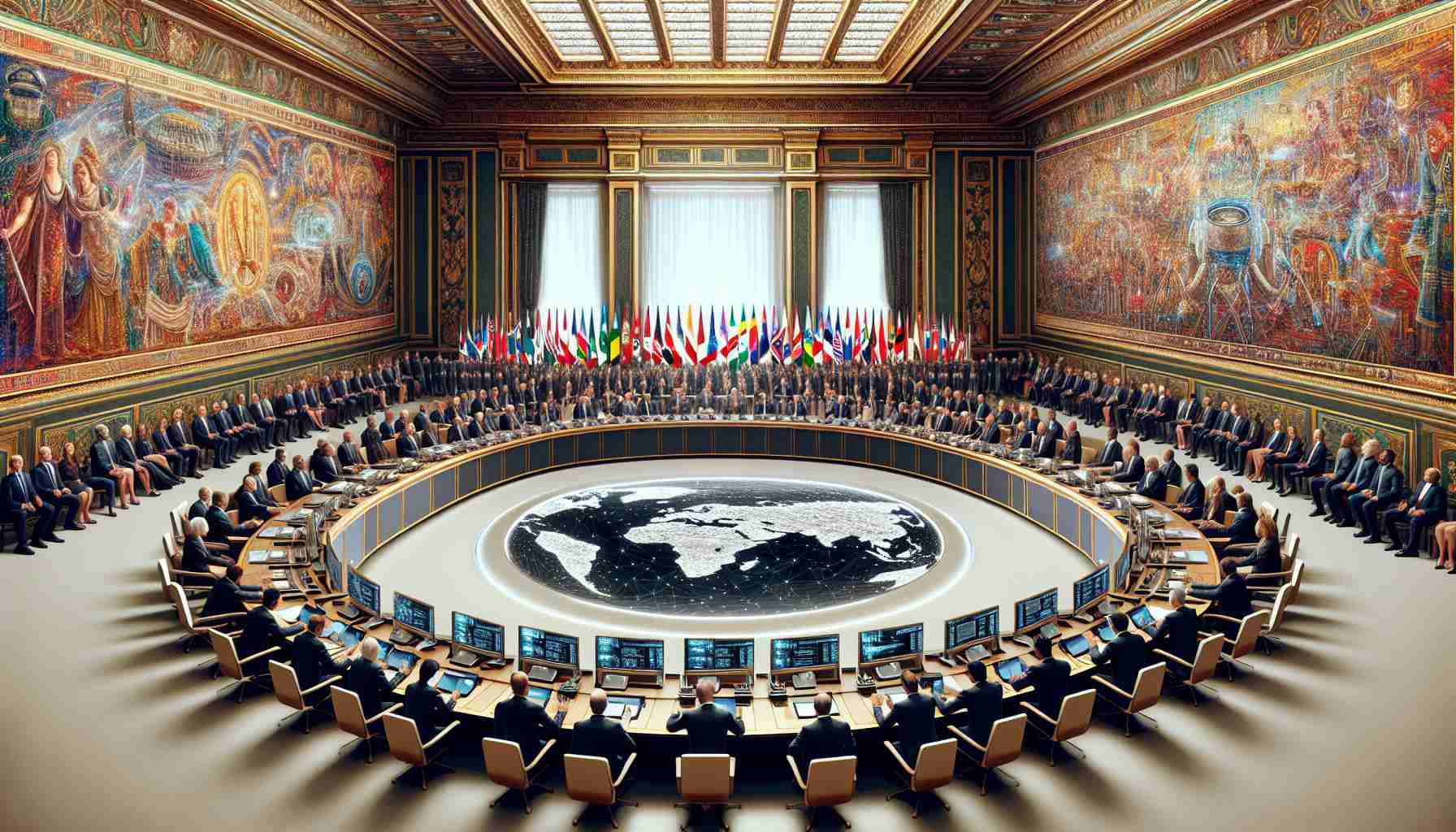The United States and China break new ground in Geneva with their inaugural government-led discussion on Artificial Intelligence (AI). This meeting in Switzerland on April 14 marks the first time the two global powers have come together to navigate the complexities around AI governance. They exchanged views on risk management and the development of international norms for AI, as announced by the Chinese Ministry of Foreign Affairs.
As both nations vie for dominance in the AI arena, their leaders previously agreed to the establishment of these intergovernmental dialogues during a summit held near San Francisco last November. Having reached a consensus to commence discourses this spring, high-level officials from both governments solidified their commitment this January. The Geneva dialogue underscores the escalating importance of AI and the need for established frameworks to guide its ethical and safe integration into society. The bilateral effort reflects a cautious yet necessary step towards synchronizing policies in an era where AI’s implications touch upon global economics, security, and the wider social fabric.
Relevance of AI to US-China Relations
Artificial intelligence (AI) holds significant strategic importance for both the United States and China. As two of the world’s largest economies and technological innovators, their stances on AI development and regulation have considerable implications for global AI governance. Both countries recognize the potential of AI to revolutionize industries, elevate national security capabilities, and boost economic growth.
Key Challenges and Controversies
A primary challenge in US-China AI discussions lies in the areas of intellectual property protection, cybersecurity, and the potential for an AI arms race. There are also stark differences in governance models, and approaches to privacy and surveillance between the two countries. The United States generally advocates for a liberal approach that encourages innovation and regards privacy as a core value. China, on the other hand, often emphasizes state control and has employed AI in public surveillance.
Ethical considerations form another critical dimension, with debates around biases in AI algorithms, the impact on employment, and accountability in scenarios where AI systems make autonomous decisions, particularly in military applications.
Advantages and Disadvantages
The advantages of US-China cooperation on AI are numerous, including the potential for creating global AI standards, facilitating the exchange of best practices, and mitigating risks associated with the proliferation of AI technologies in sensitive domains such as defense and surveillance. Collaboration could also pave the way for leveraging AI technologies to tackle global issues like climate change, healthcare, and poverty.
However, there are also disadvantages, including the potential for heightened competition to lead to an erosion of international norms and exacerbate the security dilemma. Furthermore, different ideological approaches to regulating technology can make consensus on AI governance difficult.
For those seeking more information on how both countries view AI and their respective strategies, the following official websites can be useful:
– The White House for insights into the US government’s stance.
– The Ministry of Foreign Affairs of the People’s Republic of China for China’s official foreign policies, including areas related to AI.
Overall, the inaugural AI talks between the US and China in Geneva represent a recognition by both countries that despite their competition, there is a mutual benefit to setting the stage for responsible AI development and deployment. However, the path forward will require careful navigation to reconcile divergent perspectives and interests.
The source of the article is from the blog guambia.com.uy

